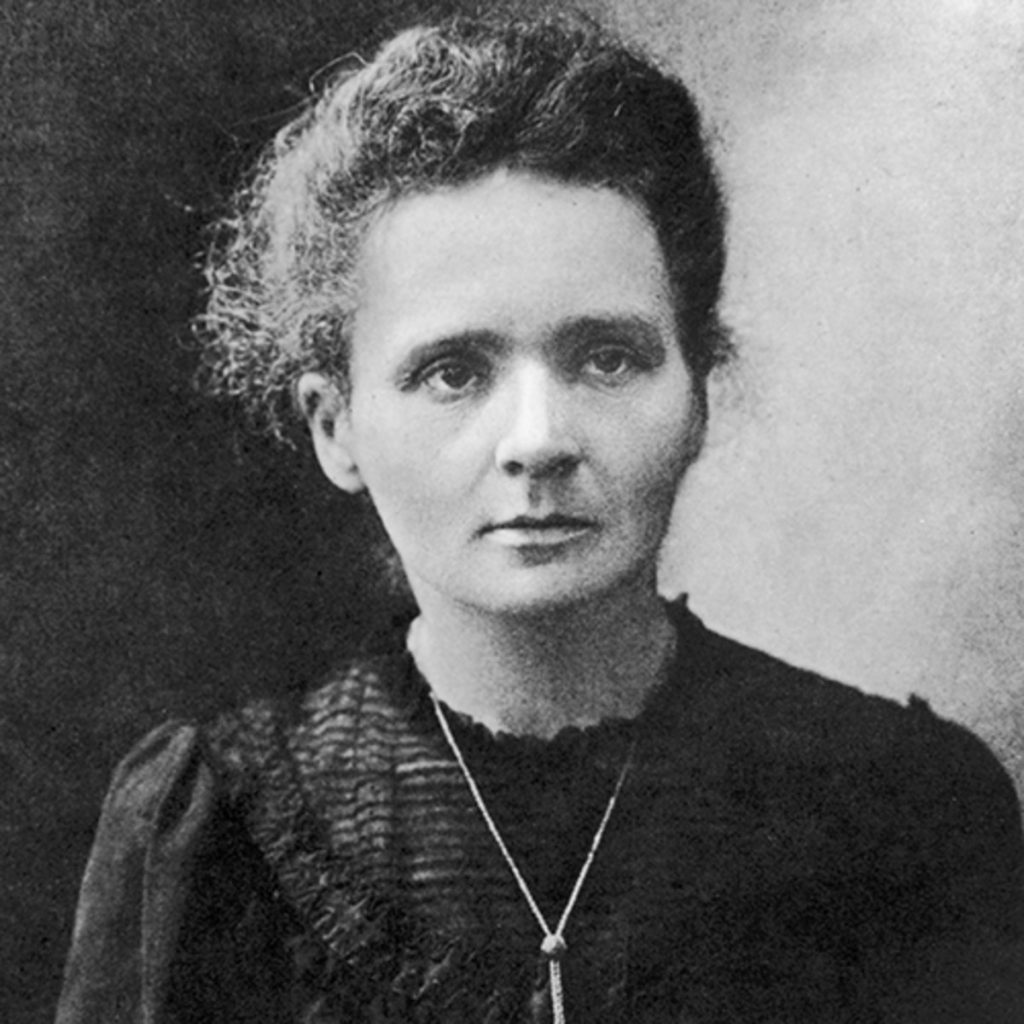Marie Curie: A Pioneer in Science

Biography
Marie Curie, born Maria Skłodowska in Warsaw, Poland, was a trailblazing physicist and chemist whose work revolutionized our understanding of radioactivity. Despite facing significant barriers as a woman in science, she persevered, earning degrees from the Sorbonne in Paris and conducting groundbreaking research with her husband, Pierre Curie. Their collaborative efforts led to the discovery of polonium and radium, elements that would forever change the landscape of physics and medicine. Marie's dedication to science extended beyond her laboratory; she tirelessly advocated for the practical application of her discoveries, particularly in medical treatments. Her unwavering commitment to knowledge and her profound impact on the scientific community make her an enduring figure of inspiration.
Achievements
-
Nobel Prize in Physics
1903
-
Nobel Prize in Chemistry
1911
-
Polonium and Radium
Discovered
-
Mobile X-ray Units
Developed during WWI
Gallery

Legacy
Marie Curie's legacy extends far beyond her scientific achievements. She broke barriers for women in science, demonstrating that intellect and determination transcend gender. Her work laid the foundation for modern nuclear physics and cancer treatment, saving countless lives. Her unwavering pursuit of knowledge and her commitment to using science for the betterment of humanity continue to inspire generations of scientists and researchers worldwide.